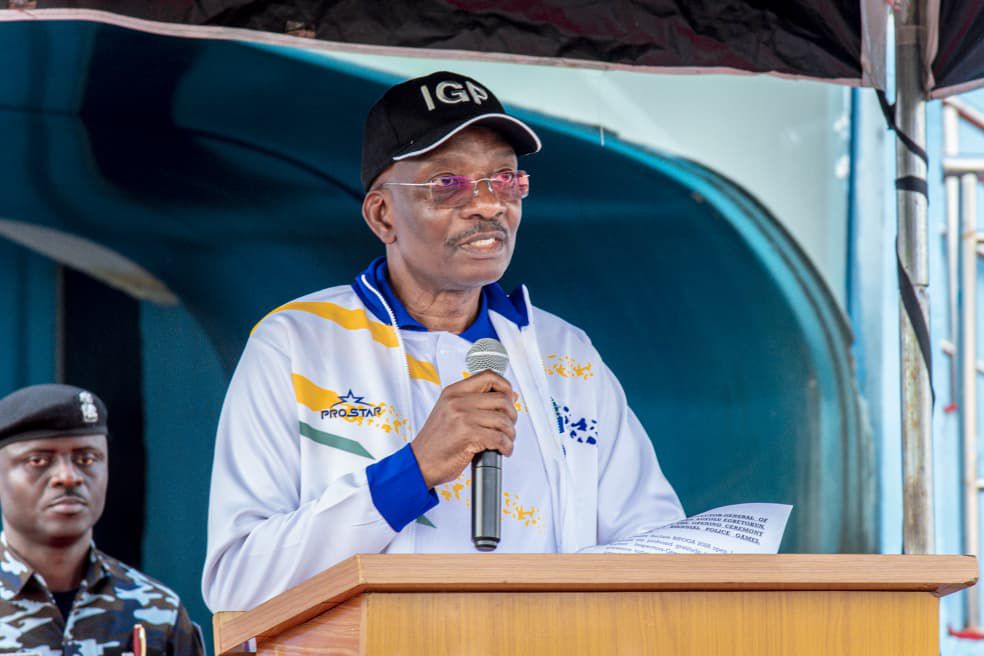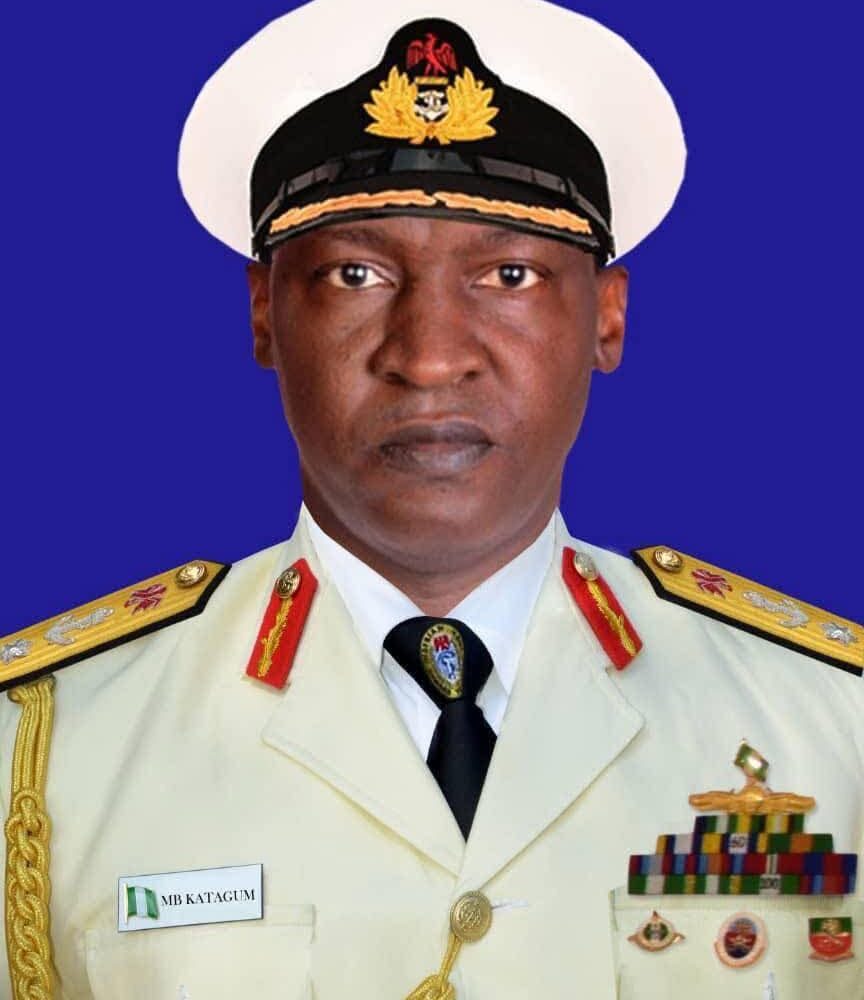He said the anti-graft agency will focus on prevention “as a cheaper and more efficient tool against economic and financial crimes than enforcement.”
Bawa said the plan also places a significant premium on intelligence-driven investigation, prosecution, and asset recovery.
Speaking at the inauguration of the agency’s headquarters in Abuja, Bawa said economic and financial crimes have remained major impediments to the sustainable growth and development of any nation.
He said: “In 2013, the Commission developed its first five (5)-year strategic plan (2013-2018) with five (5) strategic goals to guide the attainment of the EFCC mandate within the stated period. Annual Action Plans were developed for the effective implementation of the Strategy.
“Upon the expiration of the plan in 2018, the commission embarked on a comprehensive review to identify successes and outstanding commitments unattained with corresponding challenges.
“The review targeted to map out new strategies to improve performance and thus led to the development of the New EFCC Strategic Plan (2021 – 2025).
“The EFCC Strategic Plan 2021 – 2025 has been designed consistent with the pillars of National Anti-Corruption Strategy (NACS) 2017 – 2021 which is anchored on five pillars namely: Prevention, Public Engagement, Ethical Re-Orientation, Enforcement and Sanctions, Recovery and Management of Proceeds of Crime.
“Each of the pillars has a corresponding technical objective and activity designed to achieve the objective. However, the new EFCC Strategic Plan 2021 – 2025 aims to sustain the EFCC’s commitment to continuous improvement on its way to attain its vision.”
He listed the objectives of the plan as:
- Increase public engagement in the fight against economic and financial crimes;
- Improve systems and processes for the prevention of economic and financial crimes;
- Improve intelligence driven investigation, prosecution and asset recovery;
- Improve law enforcement coordination and collaboration with relevant stakeholders;
- Enhance institutional capacity and human capital. Elaborating further on the objectives.
Bawa stressed the importance of the agency’s partnership with the public to achieve its mandate.
Bawa added: “As you are all aware, economic and financial crimes have remained major impediments to the sustainable growth and development of any nation most especially for developing nations like Nigeria.
“ It is in recognition of the devastating effects of these crimes and that failure to address the menace, will continue to hinder our development efforts as a sovereign nation, that the Federal Government of Nigeria established the Economic and Financial Crimes Commission (EFCC) in 2002.”
He thanked the European Union for funding the production of the strategic plan and the British Council, through the Rule of Law and Anti-Corruption (ROLAC) program, for the technical support provided from the review to the production of the SP.
Bawa said: “To our partners, (US Embassy, INL, FBI, BHC, NCA, FCDO, German BKA, and UNODC) I cannot thank you enough, the support and encouragement have been tremendous.
“We sincerely appreciate your presence and thank you for finding time today to be part of our effort of making this country a better place and for our overall mutual interest.”
The Chairman, Senate Committee on Anti-Corruption and Financial Crimes, Suleiman Abdu Kwari, said the plan “gives hope in the ability of EFCC to fight corruption.”
“It is hoped that the plan will bring more effectiveness and stability. The 10 percent growth per annum is measurable. Year-on-Year, we should be able to know if the commission is progressing or retarding.”
The United Nations Office on Drugs and Crime (UNODC), Country Representative in Nigeria, Mr. Oliver Stolpe said “this new plan distinguishes itself from the previous ones. It has a realistic performance target and it will be a source of admiration and envy by other anti-corruption agencies all over the world”.





